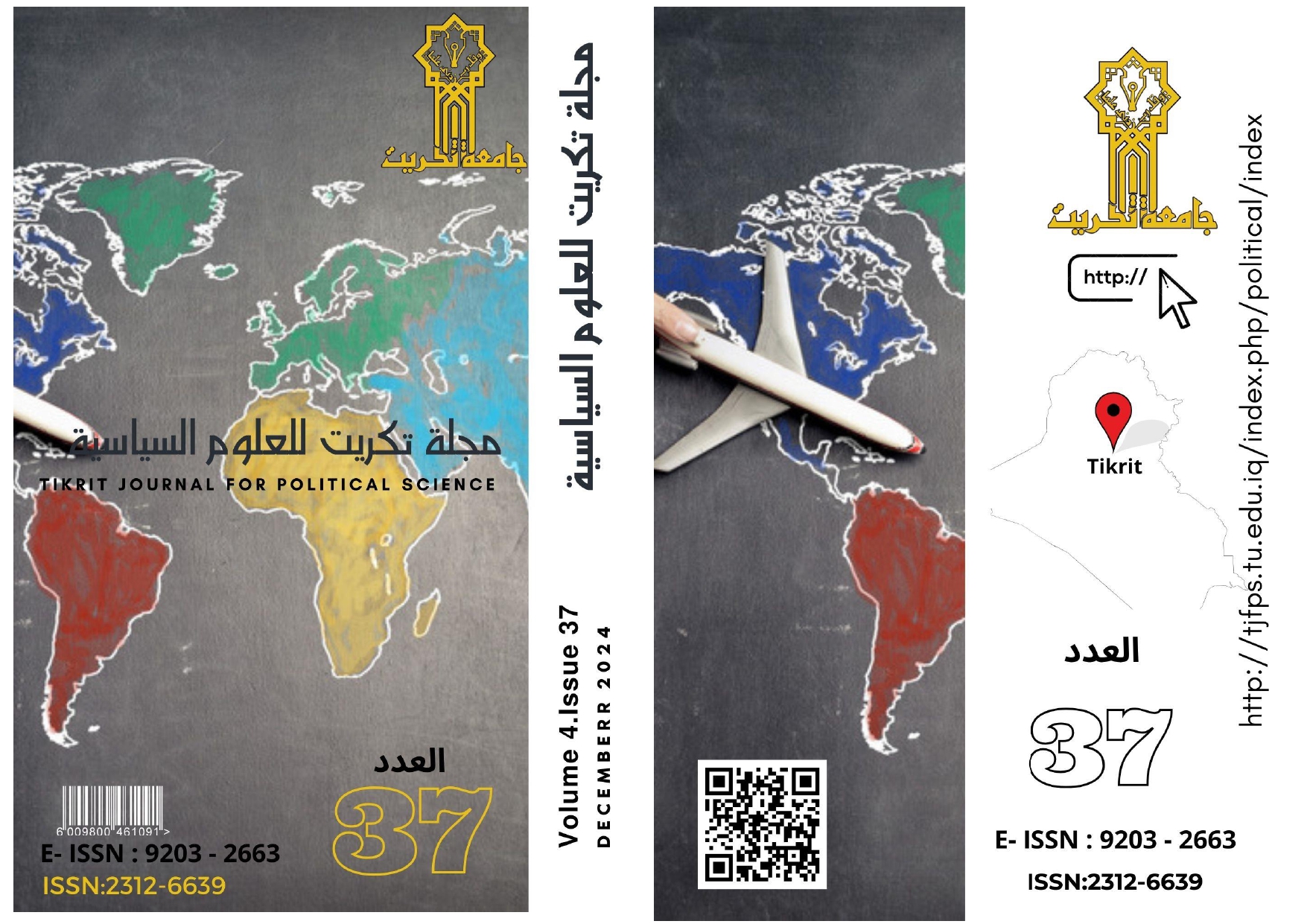Crises of the political system and their impact on national identity in Iraq
DOI:
https://doi.org/10.25130/tjfps.v4i37.264Abstract
The political system in Iraq، which suffers from a stifling crisis، among its external and not essential manifestations، and the inability of the political class of the regime to form a government and the paralysis of the basic constitutional institution of the regime، i.e. the parliament، and the inability of the regime to provide basic services to citizens at a minimum، political and administrative corruption، and the phenomenon of corruption and sectarianism، which played a major role in the crisis of the political system during the period of the occupation of Iraq in 2003، as it cast its shadows on all aspects of life and thus became one of the issues that threaten the effectiveness of the political system in all its forms، whether political، economic or social، and all these factors that led to the collapse of the political system and the emergence of the identity crisis in Iraq.
The crisis of the political system is due to internal and external factors، but the internal is linked to the nature of Iraqi society and its specificities in addition to the policies pursued by the narrow traditional milieu that exceed and overcome the effects of the transition to modern society with its various complexities، while external interventions also have a major role in the crisis of the system and ethnic fragmentation، starting with the American intervention and ending with neighboring countries، some of which play on the sectarian chord، exploiting the presence of political groups loyal to them.





